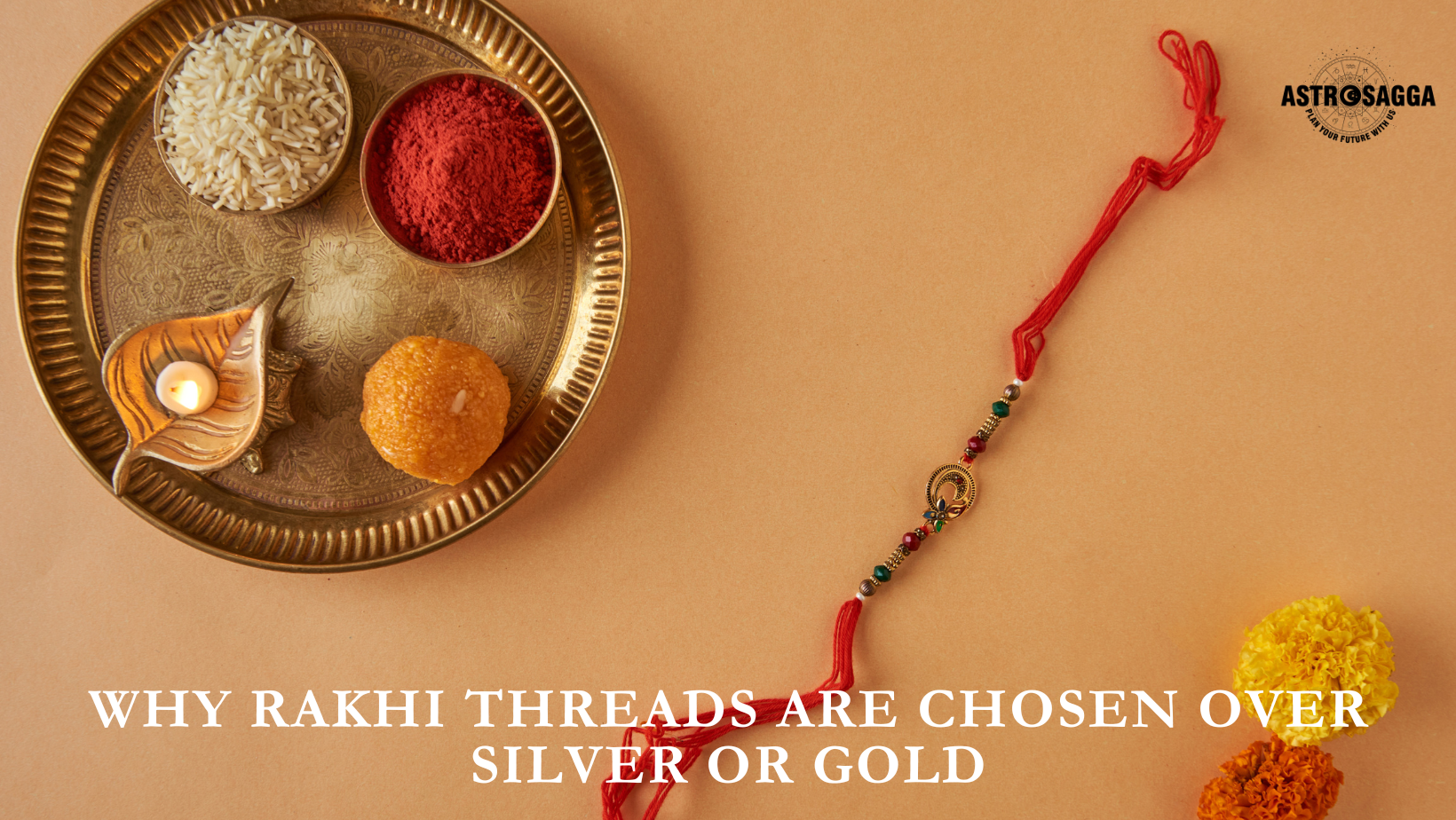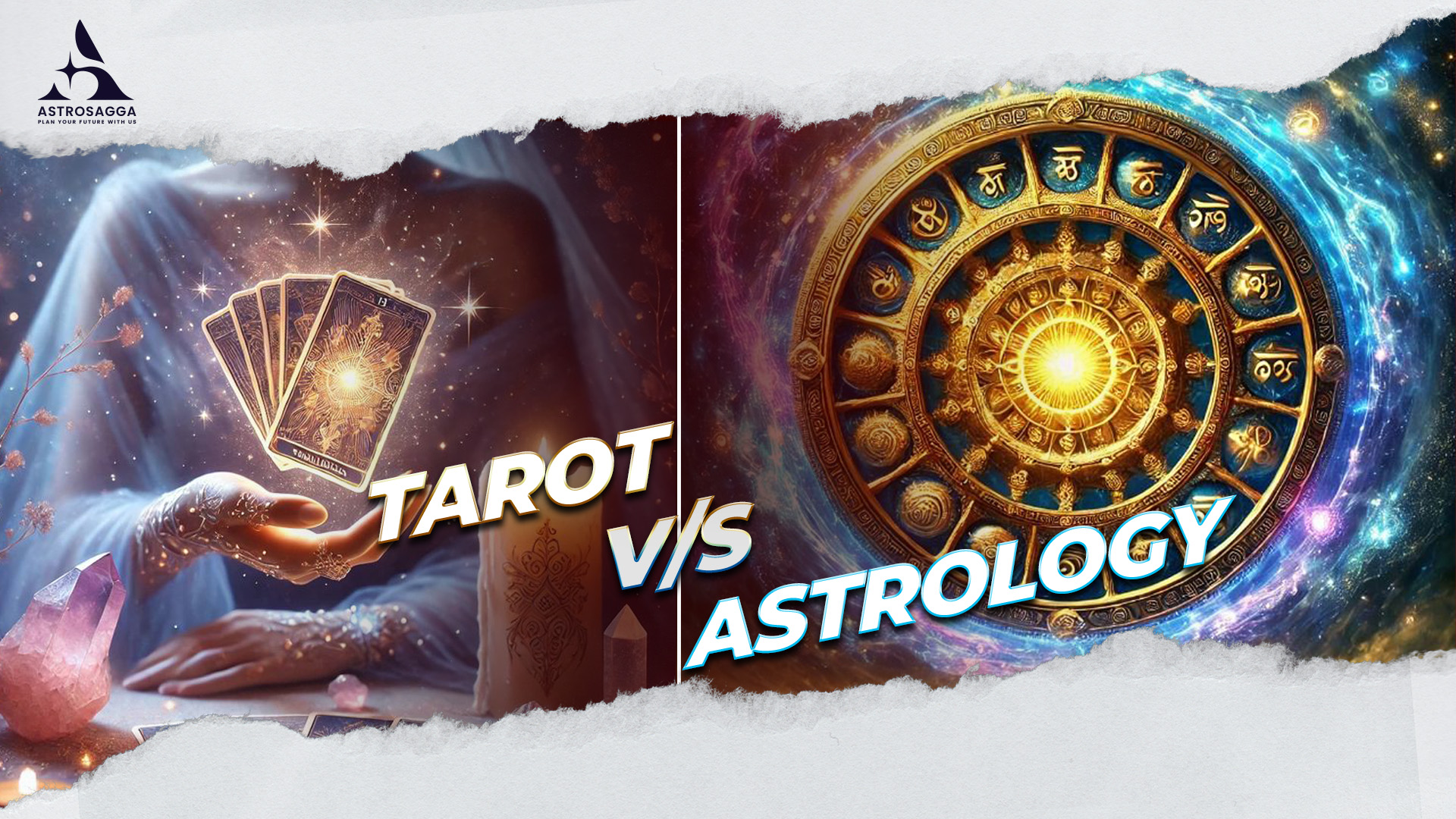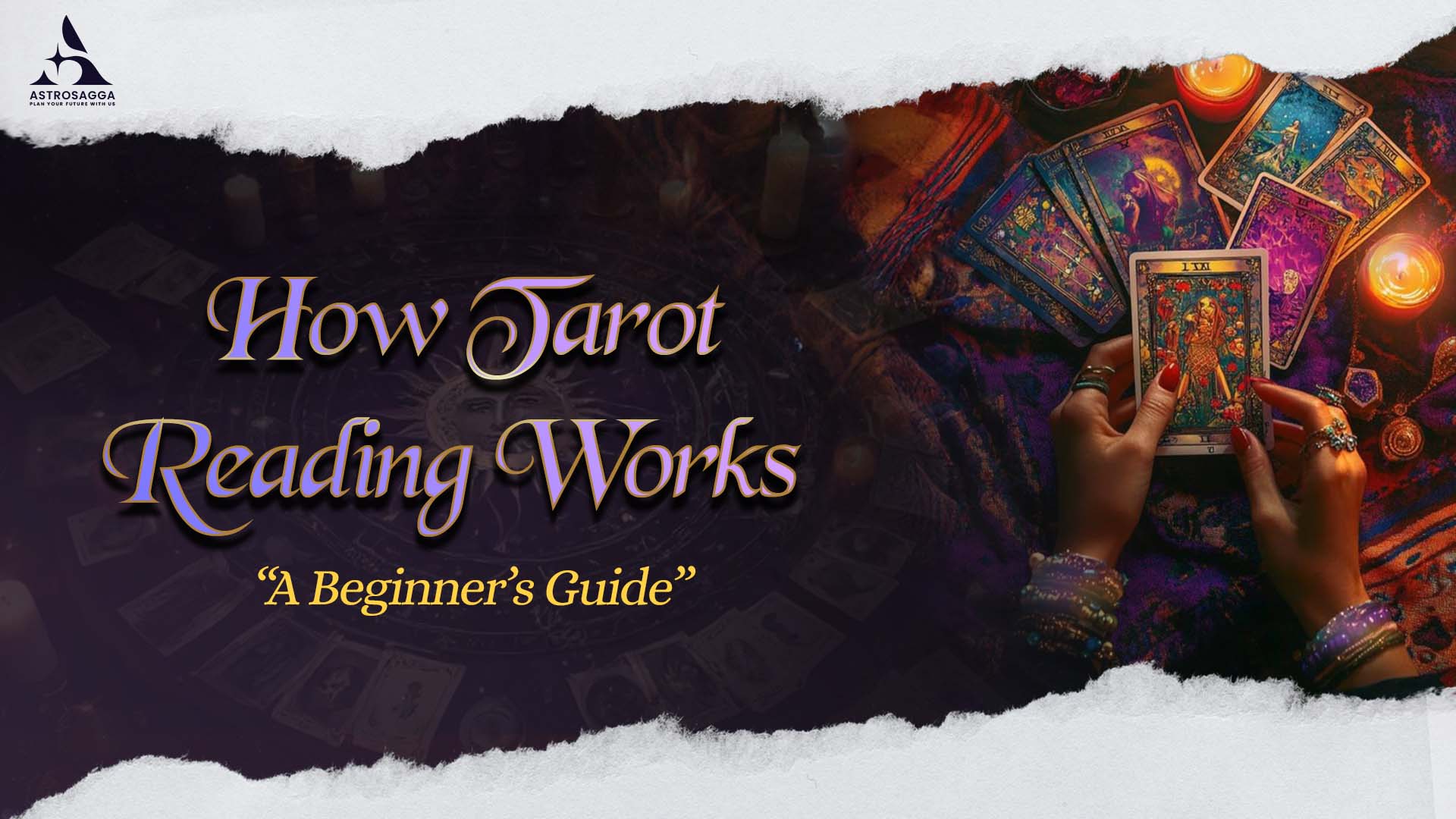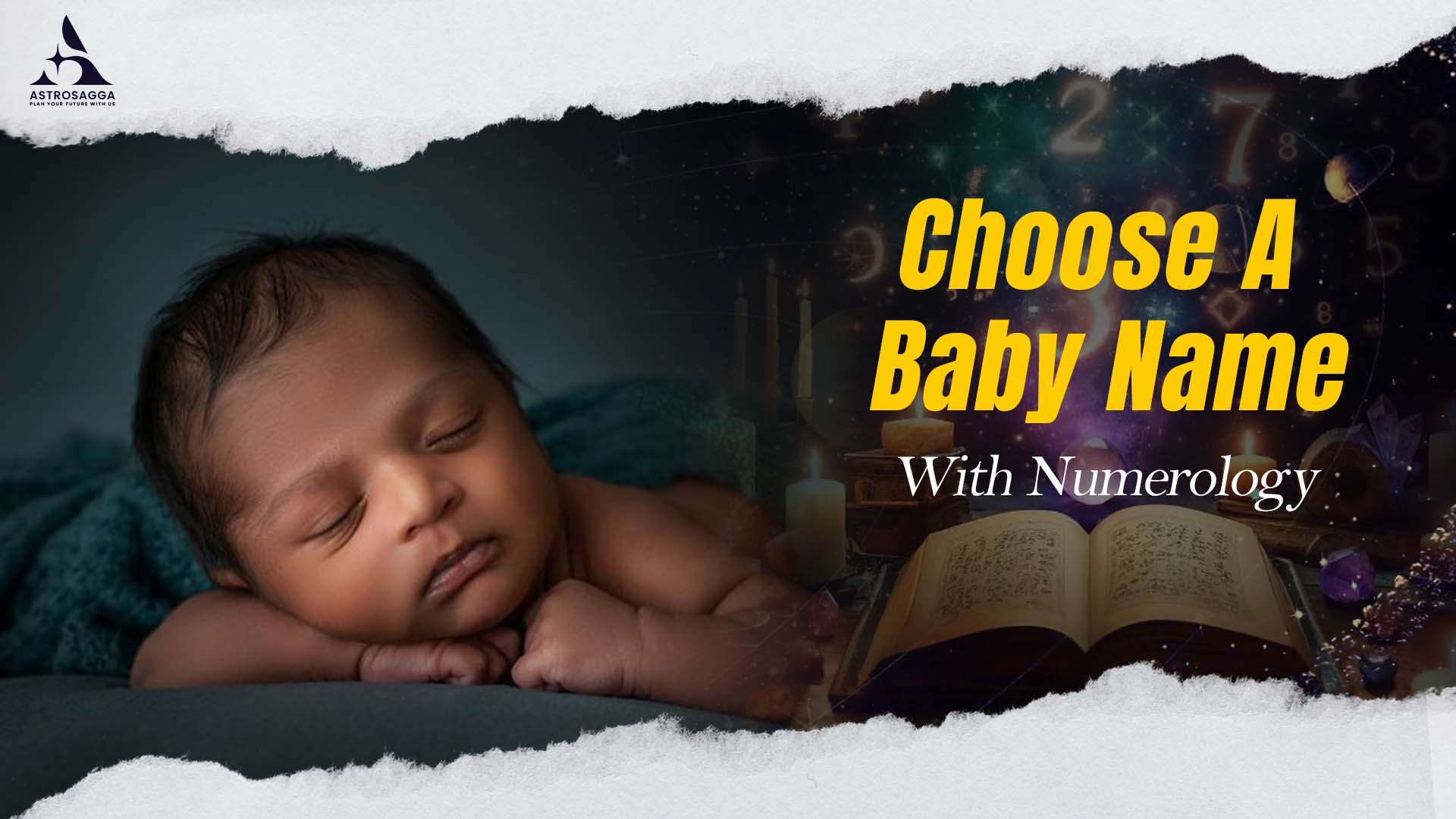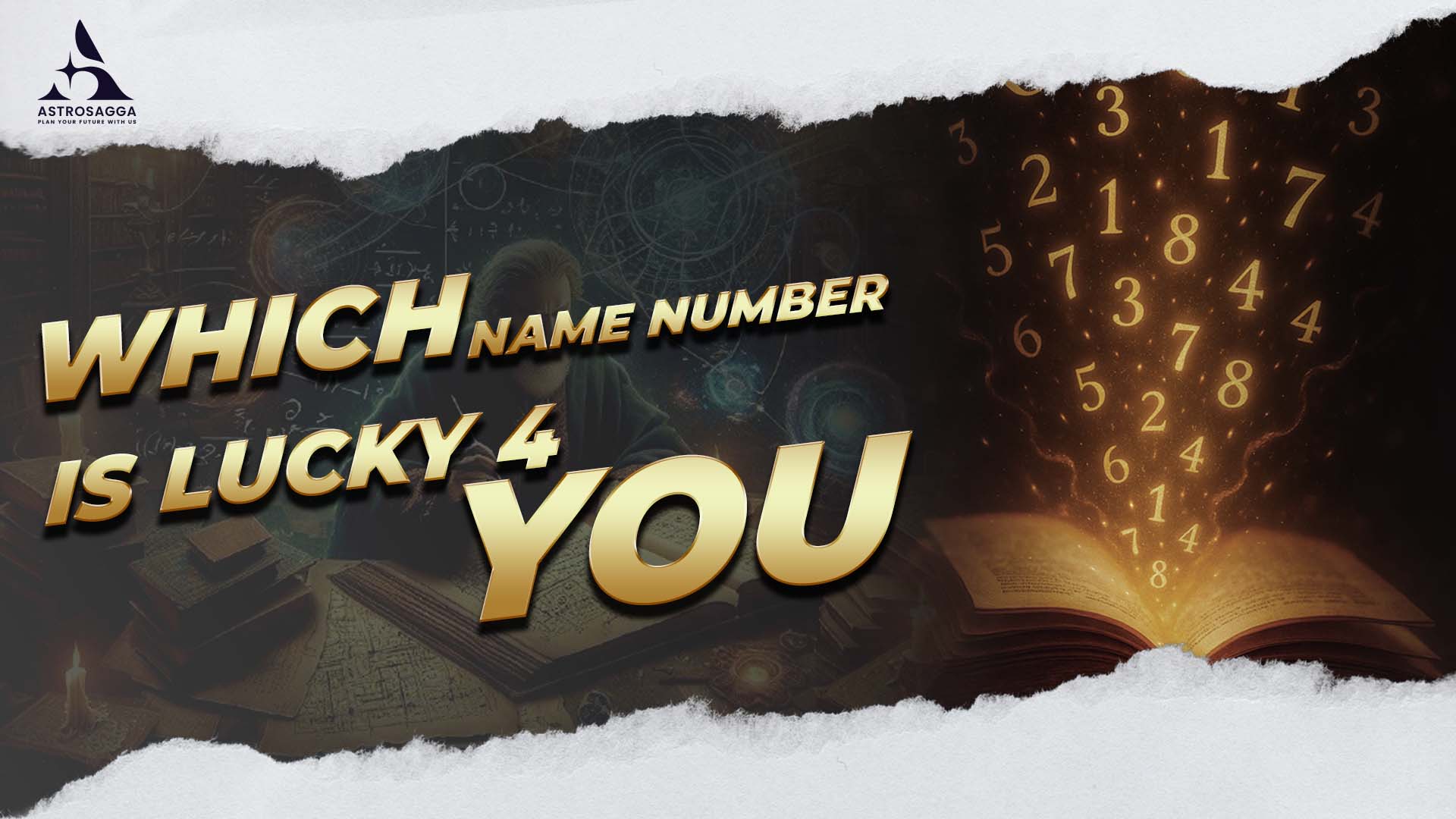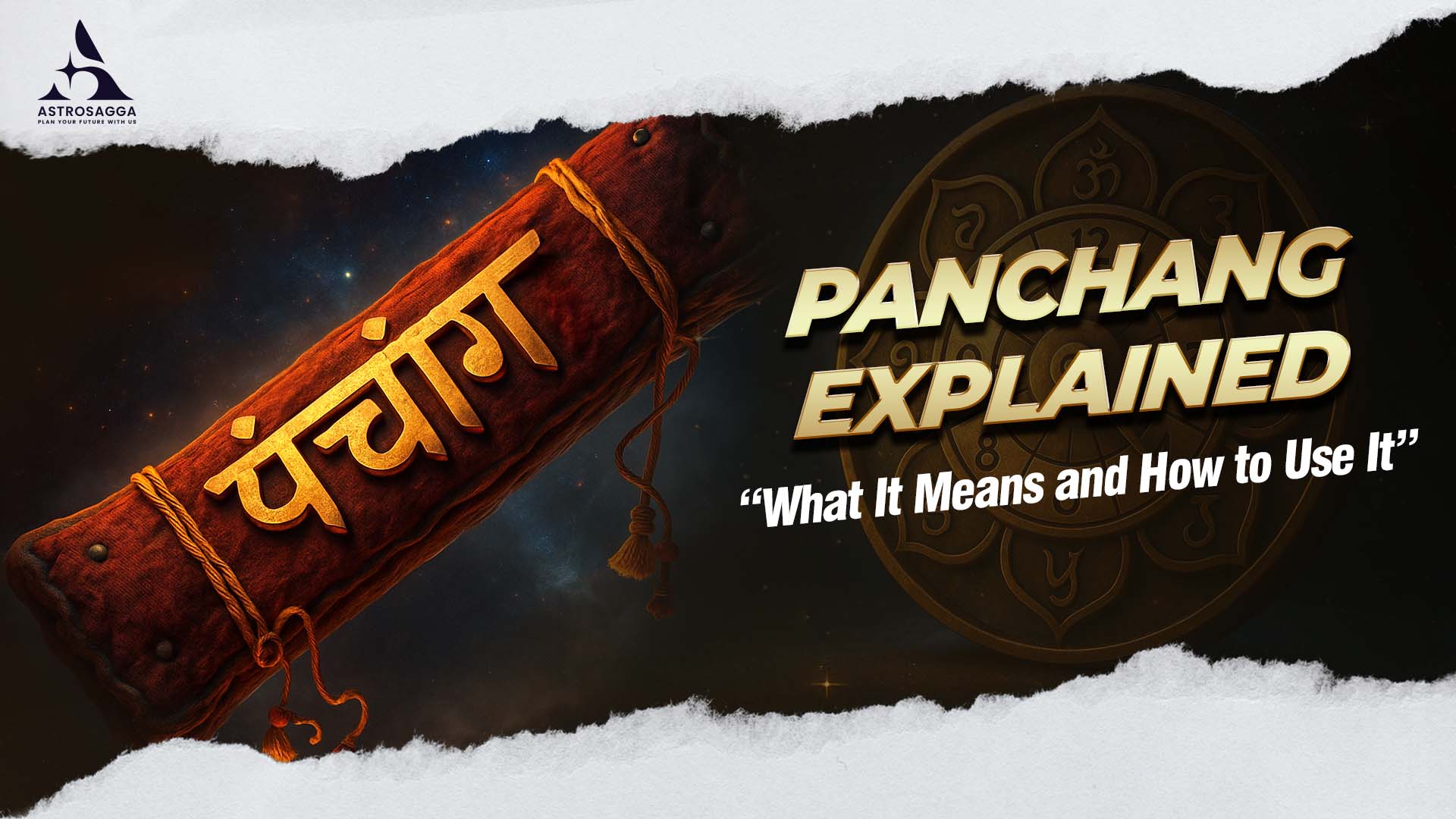Raksha Bandhan, a cherished festival in India, celebrates the bond between brothers and sisters. The festival’s most symbolic ritual involves a sister tying a Rakhi—a sacred thread—on her brother’s wrist. But why are simple threads chosen over more precious materials like gold or silver? The answer lies in a rich tapestry of tradition, spirituality, and astrological wisdom.
The Symbolism of the Thread
The Rakhi is more than just a piece of thread; it represents the promise of protection, love, and care. In ancient texts, a simple thread is often seen as a conduit of powerful spiritual energy. This energy, known as "Prana", is believed to be pure and unadulterated when carried by natural fibers like cotton or silk. In contrast, metals like gold and silver, while valuable, are considered to carry a more materialistic energy that can dilute the spiritual essence of the ritual.
Astrological Insights: The Power of Simplicity
Astrology plays a significant role in many Hindu traditions, including Raksha Bandhan. According to Vedic astrology, each planet has a specific metal associated with it. For instance, gold is linked with the Sun, which governs authority and power, while silver is associated with the Moon, which governs emotions and mind. Tying a Rakhi made of these metals could unintentionally amplify certain astrological influences, which might not always be favorable.
For example:
Gold: As a symbol of power and wealth, gold can enhance ego and dominance, which may not align with the humble and protective spirit of Raksha Bandhan.
Silver: While calming and soothing, silver’s connection with the Moon might not offer the balanced protection that a simple thread can provide.
On the other hand, a cotton or silk thread is neutral in its astrological influence. It does not carry the strong planetary associations that metals do, making it the ideal medium for invoking the protection of the divine without any unintended astrological consequences.
The Ritual Purity of the Thread
In many Hindu rituals, the idea of "purity" is paramount. This purity is not just physical cleanliness but also spiritual and energetic purity. Threads, especially those made of natural fibers, are considered to be sattvic, or pure, in nature. They do not carry the taint of greed, wealth, or materialism that metals might. This makes them the perfect medium for a ritual that is meant to be a pure expression of love and protection.
Read Also - Bhadra’s Impact on Raksha Bandhan 2024: Why It's Avoided in Festivities
Cultural and Historical Context
Historically, Rakhis were always made of simple threads, often adorned with a bit of turmeric or sandalwood paste. These natural elements further enhanced the spiritual power of the Rakhi. Over time, as commercialization grew, Rakhis became more elaborate, with some even being made of gold or silver. However, traditionalists and spiritual leaders often caution against this, reminding us that the essence of Raksha Bandhan lies in the simplicity and purity of the thread.
Conclusion: The Essence of Raksha Bandhan
While gold and silver are undoubtedly precious, the true value of a Rakhi lies in its symbolism. The simple thread embodies the purity, protection, and love that are the core of Raksha Bandhan. It’s a reminder that in a world where material wealth is often overvalued, the most precious things—like the bond between a brother and sister—are best expressed in simple, unadorned forms.
By choosing a thread over metals, we honor the ancient traditions and astrological wisdom that have guided this festival for centuries. We also stay true to the spirit of Raksha Bandhan, which is not about wealth or status, but about the enduring bond of love and protection between siblings.


